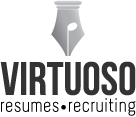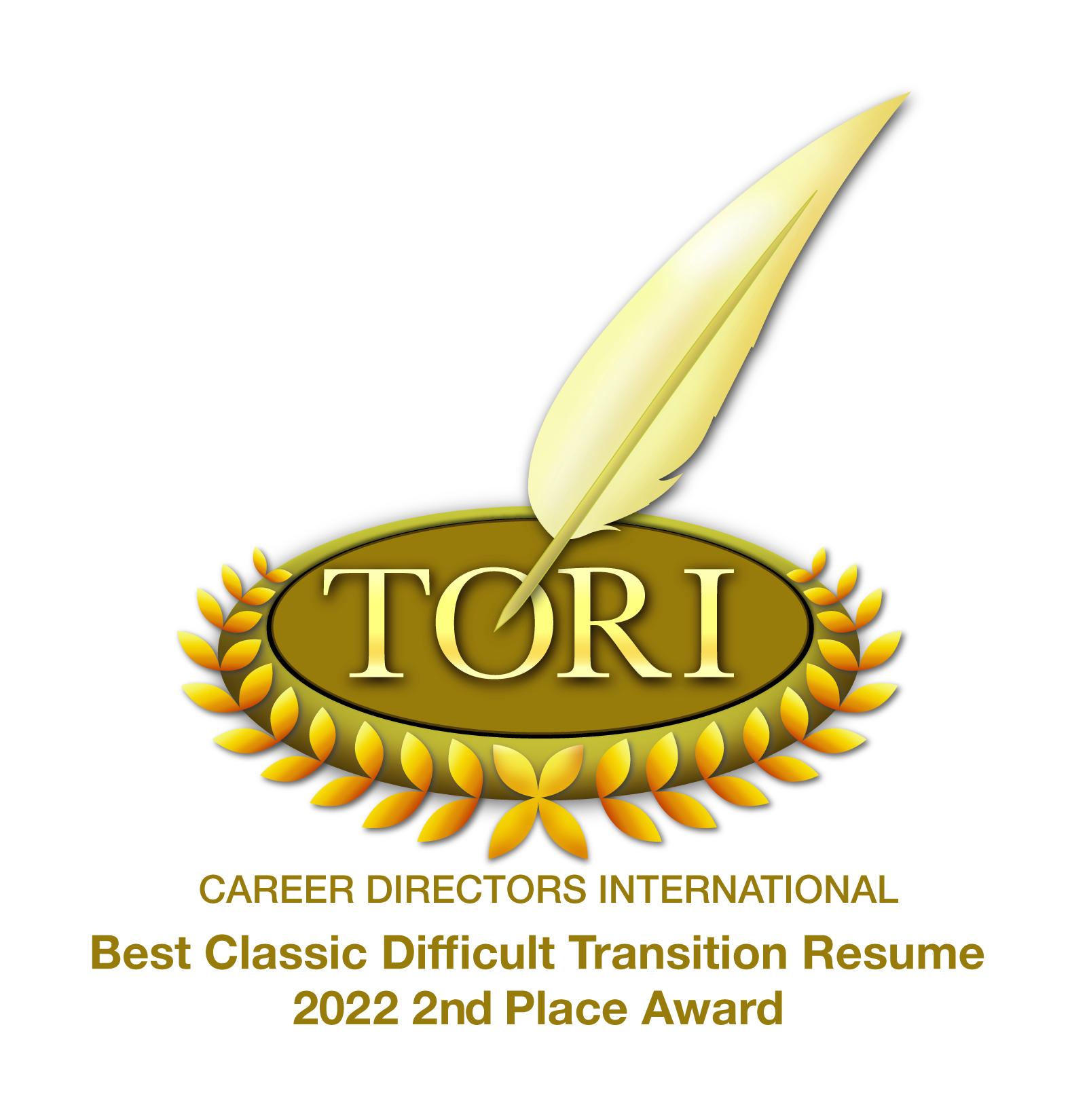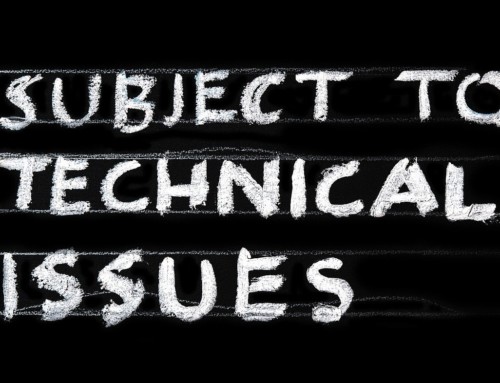I’ve blogged before about what NOT to do at an interview, but what about interviewing best practices? Sailing through that first phone interview is an art form. Truly. You’ve successfully slayed the dreaded ATS monster (with or without the help of a professional resume writer like me) and now it’s time to back up everything you wrote. But here’s the thing – the only tool you have is your voice. No eye contact. No handshake. No way to mirror their posture. No tricks at all. Literally nothing other than yourself.
Here are a few of the tried and true phone interview strategies that I share with my clients.
1. Never say “Hello” when you answer the phone, especially if you have an unusual name! Say “This is Krista,” or “Krista speaking.” This gives you control from the beginning, reinforces your professionalism, and sets the perfect tone. The recruiter will also appreciate knowing how to pronounce your name.
2. Don’t talk while in the car. It’s great that we all have Bluetooth and the freedom to go hands-free while driving, but this is just plain disrespectful. As a recruiter, I need to know that you are taking this opportunity seriously, and dividing your time between questions and safely getting to your destination does not say to me that this potential position is important to you.
3. Do your research. Know the salary range for your market, and learn about the company. Read employee LinkedIn profiles, the website from cover to cover, and recent news. Use your new-found information to ask a targeted question at the end of the interview. That way, the recruiter knows that you’ve done your homework and have invested your time in learning about what they have to offer.
4. Nail your personal value proposition. If there is one thing you’ve probably heard me say before…this is it. Your elevator pitch needs to be dialed in. 100%. You have to know your value and be able to communicate your biggest deliverable in 60 seconds or less.
5. Take note of the important proficiencies contained in the job description and make sure that you have examples from your own work history that illustrate your accomplishments. A little preparation will make sure you’re not fumbling for answers and put you in a position of authority.
6. Be honest. Do I really need to say this? We were recruiting for a Technical Project Manager position recently and at least a few of the folks that applied online flat-out lied about their addresses…and didn’t tell us until the phone interview. Had they sent us a message saying that they were planning on relocating, we probably would have still at least spoken to them. But instead, they pulled a bait and switch on us and we ended up eliminating them from consideration.
Feel a bit more prepared? Go get ’em!












